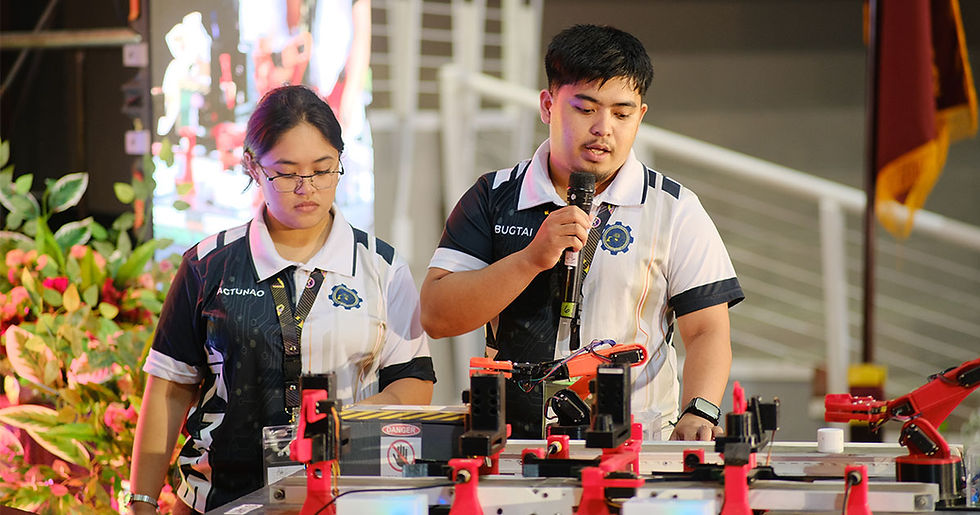Recycling Plastic Initiatives
- Field Ready

- Jan 5, 2018
- 2 min read
Field Ready’s practices are aimed at sustainability and conscious of environmental impact. It is estimated that 91% of plastics are not recycled and by 2050 approximately 12 billion metric tons of plastic will fill landfills.

One of the ways we are addressing this issue is to repurpose plastics to make useful items while creating livelihood opportunities. Outlined below are some of our current initiatives that are combatting the global plastics crisis all while responding to humanitarian needs.
Rat traps: In Jordan, displaced people face a major problem with pests creeping into their homes. Children in Zaatari village were waking up with rat bites, and the pests were causing havoc in the area. We were able to come up with a simple design using plastic bottles to combat this problem. We trained community members in the technique so that they can reuse plastic bottles to stop pests from entering their homes.
Paving tiles: This concept allows for high volumes of plastic to be used as a raw material to make high-demand resource-intensive products, essentially replacing cement with plastic. This will, in turn, create livelihood opportunities in Nepal and have environmental benefits opposed to burning or burying waste plastic.

Polyfloss: is an innovative plastic recycling process, inspired by the principle of candy-floss machines. It transforms neglected waste thermoplastics into a fine plastic wool, which can then be re-used for applications including insulation, packaging, garment production and product design. One of the outputs from the polyfloss machine is insulation for winterizing refugee camps.
Field Ready’s work in Nepal is supported by World Vision’s Nepal Innovation Lab. The Lab has recognised that plastic waste can become a humanitarian resource and is supporting Field Ready through a formal MoU, the provision of space and funding, to develop innovative solutions to plastic waste issues like plastic bricks, Polyfloss and zero-cost hydroponics.
Many of the countries we work in lack recycling and waste management infrastructure. We want to shift mindsets that plastic can be used in low-resource settings to make useful items. The key to doing this is changing people's perception by creating end-products made from plastic waste that are profitable and sustainable.

_edited.png)




Comments